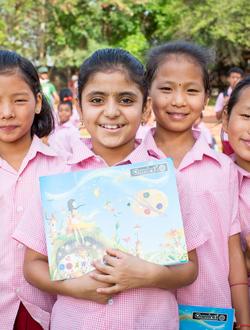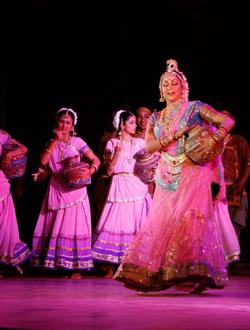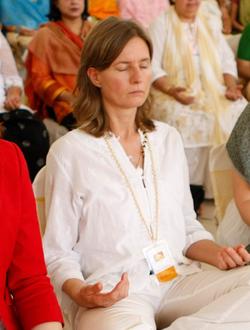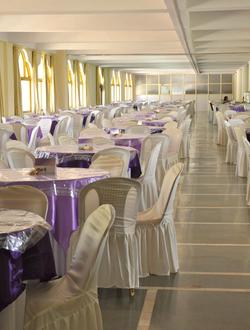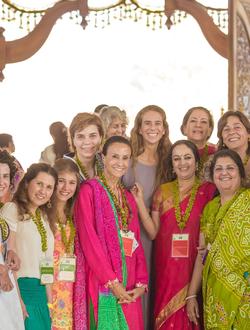A decade ago, a well-meaning NGO invested significant effort and energy in building toilets in a few villages in rural remote outreaches of a developing country. The intention was noble: to prevent open defecation. Ceremoniously, with great enthusiasm and pomp, the toilets were inaugurated and made available for public use. A year later, sadly, these had fallen into disuse – some were being used for storing material, others were overgrown with weeds. Unfortunately, this is not an isolated story – sustenance of social transformation is not easy. For instance, it is easy to build toilets but difficult to get people to change their habits and maintain them. The challenge in influencing human behavior can be a source of disillusionment for organizations and individuals who aspire to make a difference to society.
Social research indicates that intelligent use of a few powerful levers can significantly increase the chances of bringing about sustainable transformation. Community social change needs three such dimensions: inner transformation, cultural change, and structural rewiring. This has been demonstrated empirically in the various social transformation projects of the Art of Living Foundation and its associated organizations like the International Association for Human Values.
On World NGO Day this year, we would like to share our experiences, learning, and approach on how NGOs worldwide can create self-sustaining transformation in their chosen areas of impact:
- How are we creating local change agents who are ignited from within?
- How are we creating collaborative communities that support the change agents?
- How are we creating systemic support to provide an ecosystem that can accelerate the transformation?
Igniting local change agents
The owners of the change have to originate within the community for the change to gain momentum. For this, the first step is to identify those in the community who have a passion to make a difference. And the next step is to enable them and empower them to act as catalysts for the desired change.
Creating collaborative communities
A leader is as good as the team supporting him or her and to sustain a social change, the power of the community is paramount. The Art of Living approach places high importance in channelizing the energy of the community through a number of interventions: group training sessions, community singing sessions called Satsangs, a revival of ancient village customs like ritual evening gatherings and so on. This necessitates trust building by the volunteers by persistent and consistent dialogues week after week to get their buy-in for the inspired social change.
Open Defecation Free village – pioneered by community power
Doma has now become the first Open Defecation Free village in Chattisgarh, India. In 2007, 15 youths participated in the Art of Living YLTP program and came back charged with energy, motivation and a strategy to bring a much-needed change in their community and to do so without having to depend on outside aid. They mobilized the community through the following interventions:
- Organizing meditation courses and Satsangs (community singing) to help uplift their spirits and bring a sense of belonging in the village
- Going on Prabhatpheris (morning rounds) every day, singing, moving through every street of the village and cleaning various places as a daily routine.
They also received government funds to build toilets and, led by a young and energetic leader, the group took up the challenge and managed to build toilets in every house within two months.
To ensure behavioral change,
- Volunteers from the community went around raising awareness about the many benefits of using toilets.
- They went on rallies every morning for a month.
- 10 men and 10 women volunteered to keep vigil every morning and evening to stop open defecation from happening.
As a result of such focused and dedicated community awards, Doma received an award from the Chief Minister of Chattisgarh for being the first ODF village in their district.
Smitha Murthy is vice president – AOL corporate programs and formerly, Principal for Organization Development, Infosys.










